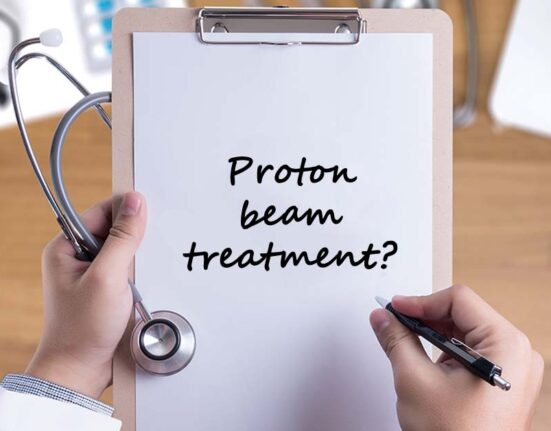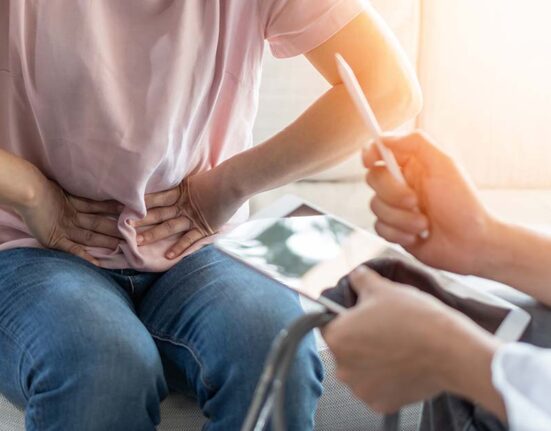Early detection is one of the most effective ways of increasing the chances of successful cervical cancer treatment. Methods for cervical cancer screening in Singapore include the HPV test and the Pap test. Regular cervical cancer screening can help the prevention and optimum treatment of cancerous growth in the cervix in women.
The Pap Test and the HPV Test are the Primary Cervical Cancer Screening Options in Singapore
There are primarily two screening options for the early discovery of cervical cancer. Patients can book an appointment with a clinic to perform the tests. Cervical cancer screening in Singapore is subsidised to make it affordable for people to get screened:
Pap test
Pap test / Pap smear is recommended for women between 25-29 years old. This test works by detecting abnormal changes in the cells in the cervix. For women in this age group, the general consensus is that the body can clear most infections and doing a HPV test may be unnecessary.
Pap test is a simple procedure where the doctor inserts an instrument into the woman’s vagina to collect some cells from the cervix. These cells will then be examined under a microscope in a laboratory.
Pap tests should be repeated every 3 years if the result of each test is normal. If a person experiences any symptoms of cervical cancer in the interim, she should consult a doctor immediately. Women with abnormal Pap test results need also seek medical guidance from the attending doctor.
HPV Test
Women aged 30 and above can opt for HPV tests. HPV tests checks if cells taken from the cervix have the DNA of high risk cancer-causing HPV strains. HPV tests are more effective compared to Pap tests – while cells may appear normal, the presence of high risk HPV strains increases the risk of cells turning abnormal in the future.
Cell samples for HPV test are collected in the same manner as the Pap test. The cells are then tested for HPV DNA in the laboratory.
HPV tests should be done every 5 years if the result from each test is normal. Similarly, if a person experiences any cervical cancer symptoms in the interim, she should consult a doctor immediately. Women with abnormal HPV test results need also seek medical guidance from the attending doctor.
In Singapore, Pap and HPV tests can be done with subsidy under the government’s Screen for Life – National Cervical Cancer Screening Programme, or at the Singapore Cancer society. Healthhub lists the following rates for HPV and Pap tests (information retrieved as of 13 Jun 22):
Subsidised Cervical Cancer Screening in Singapore
| Screen for Life at Polyclinics | Screen for Life at CHAS GP clinics | |
| Cost | Singaporeans: $15 for a Pap test and $22.50 for a HPV test. PRs: $22.50 for a Pap test and $33.75 for a HPV test | $0, $2 or $5 for a test for PG, CHAS cardholders and other Singaporeans respectively. This includes the cost for the GP consult, as well as the first follow-up visit (if required). PRs: Screening test and prevailing doctor consultation rates will be charged accordingly by respective CHAs clinics. |
| Eligibility | Singaporean or PR Age 25 years & above | Singaporean or PR Age 25 years and above |
| Where | At all polyclinics | At participating CHAS GP clinics |
In addition, people can opt for free cervical cancer screening (applicable for Singaporeans and PRs aged 25 years and above) at the Singapore Cancer Society’s Multi-Service Centre in Bishan.
Protect against cancer, cardiovascular disease, and other chronic diseases with regular health screening. Compare and shop for health screenings from Singapore and regional healthcare providers at a single convenient platform - shop.health365.sg
This article is informative only and is not intended to be a substitute for professional medical advice, diagnosis, or treatment, and should never be relied upon for specific medical advice.






















































